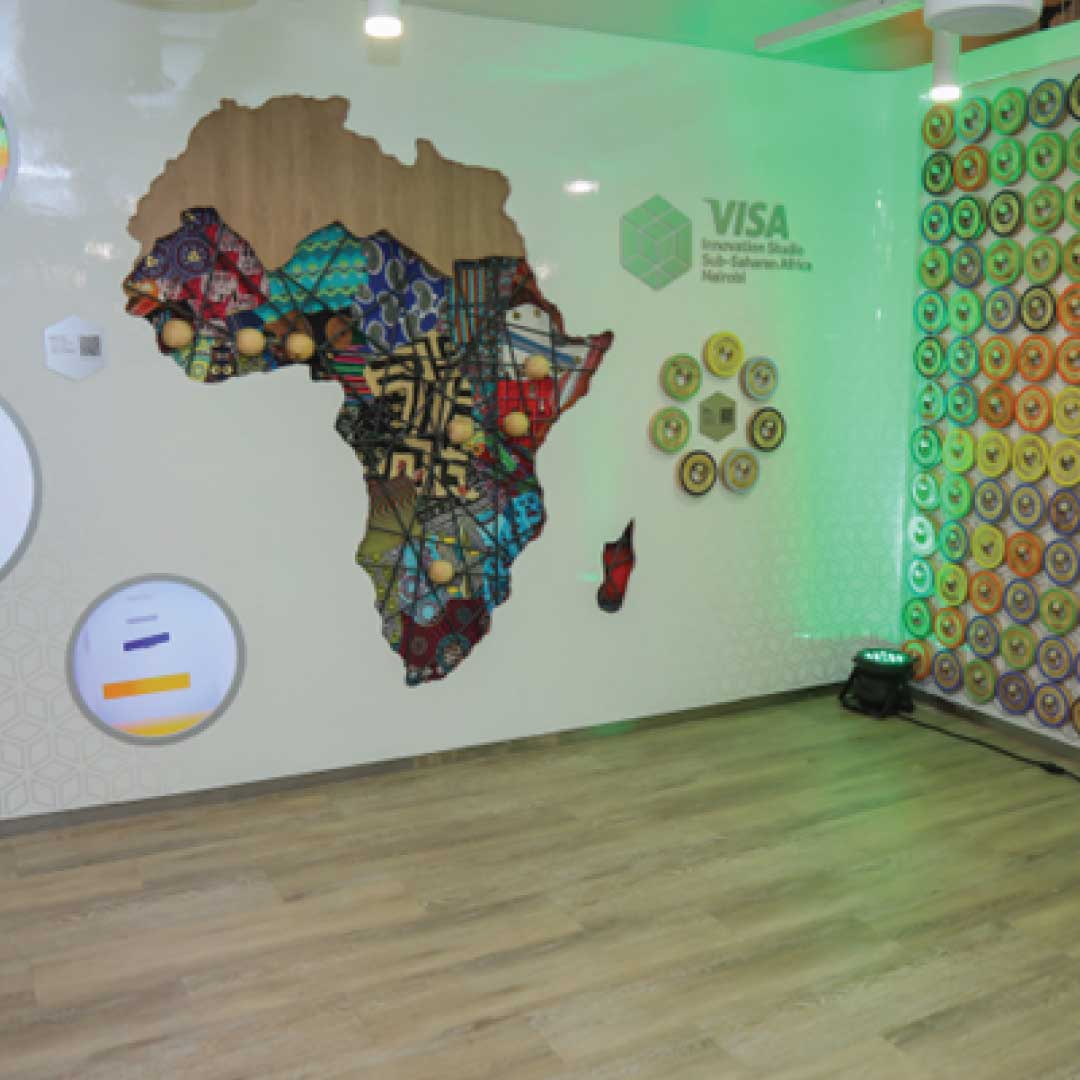The Visa Everywhere Initiative (VEI), a global open innovation program and competition for start-ups and fintech companies, has named ThriveAgric, an innovative Nigerian start-up, as its winner. ThriveAgric is promoting the use of technology to change the payments landscape for the agricultural sector.
An open innovation program called the Visa Everywhere Initiative gives startups a global stage to showcase their ground-breaking innovations while also assisting them in seizing new opportunities.
The initiative was initially introduced in the United States in 2015 but swiftly gained international traction. A total of more than $16 billion has been raised in funding for more than 8,500 start-ups so far.
Read also: ThriveAgric Unveils Online Marketplace To Help One Million Small Farmers Thrive
Visa Everywhere Initiative 2022
Prior to the global final, which is presently taking place in Qatar during the FIFA World Cup 2022, there was a year-long tournament in which business owners from around the world competed in regional finals.
“A new fintech generation is transforming the way consumers and businesses make payments, making it easier for more people to access and move money when they need it. We congratulate ThriveAgric and all the winners in this year’s competition, and we look forward to continuing partnering with fintechs to solve the payments challenges of tomorrow,” Andrew Torre continued.
Ruben Salazar, Senior Vice President and global head of Visa Direct, said: “As we strive to create more ways for people, SMBs, and larger businesses to participate in the global economy, the Visa Everywhere Initiative competition provides a unique insight into how fintech are helping shape the future of money movement and expanding access to underserved markets and regions. Today’s Visa Direct Award winner will have access to modern tools and teams that help enable global money movement to billions of endpoints worldwide.”
To honor the creative fintechs and their solutions, the event included thought leaders from Visa and the industry, as well as a past Visa Everywhere Initiative winner. With special guest Visa’s Dr Saeeda Jaffar serving as Group Country Manager for the GCC region, the 2021 Visa Everywhere Initiative North America and Global winners Wade Arnold, founder and CEO of Moov Financial, and Marcel Desailly, a football great, had a fireside talk with Dr Jaffar.
The co-founder of ThriveAgric and competition winner for the CEMEA region, Ayo Arikawe, gave his pitch on how ThriveAgric is facilitating strategic partnerships with financial institutions and players in the agriculture value chain to offer smallholders access to financial services, agricultural inputs, extension, market linkage, e-commerce, and payment services.
Visa Everywhere Initiative Award Winners
1st place and Visa Direct prize: ThriveAgric – an agric-tech organization providing smallholder farmers access to finance, insight, and distribution from Nigeria.
2nd place: Zeti – a fintech enabling pay-per-use financing of sustainable transport from Europe
Audience Favorite: Huli – a platform that connects patients, doctors, and other healthcare services from Latin America.
All start-ups with creative solutions to the payments and commerce problems of the future are welcome to participate in the Visa Everywhere Initiative. Additionally, it supports fintech and startups in two ways:
- As a competition, it offers them a platform on which to present their solutions to a group of payments industry professionals, win prizes, and attract more attention to the field.
- It acts as a program that connects startups to our extensive network of partners. Our Visa teams may access this network from anywhere in the world while seeking for solutions.







